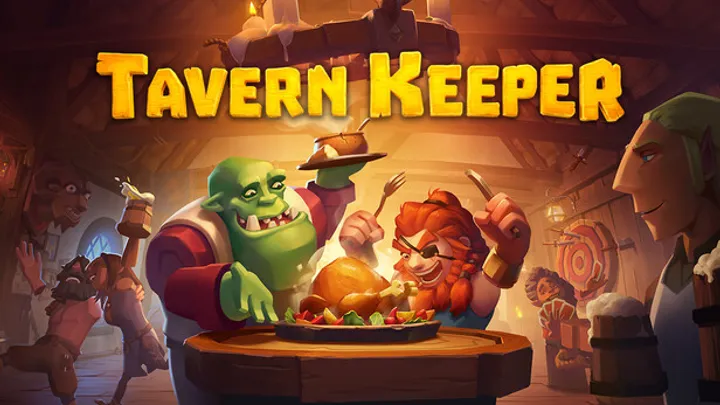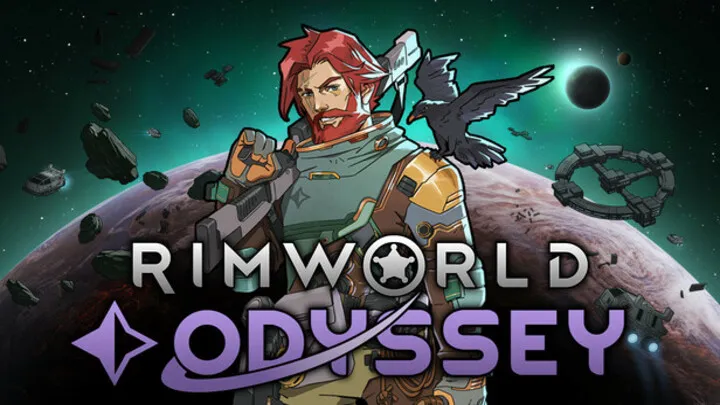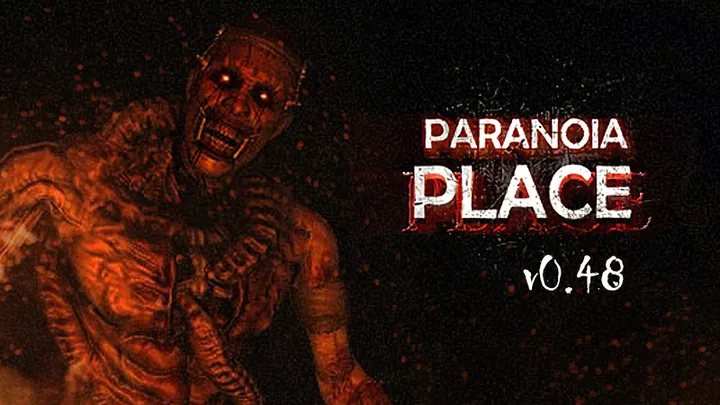RimWorld: Odyssey elevates the survival simulation genre to a realm of emotional complexity few games dare to explore. Beyond constructing shelters or managing resources, this installment in the RimWorld universe delves into the emotional and psychological fabric of survival. Colonists aren’t just pawns—they are fully realized individuals with intricate thoughts, trauma responses, and social dependencies that define the fate of your colony.
This guide focuses on one of the most overlooked yet most decisive aspects of RimWorld: Odyssey—colony psychology and morale management. Survival in this game is not just about fending off raiders or managing food—it’s about maintaining sanity, hope, and emotional balance among people trapped in chaos. You’ll learn how emotions intertwine with productivity, how morale spirals can devastate a thriving settlement, and how to use psychology-driven tactics to build resilience and harmony in your colony.
Understanding the Psychological Core of RimWorld: Odyssey
At the heart of RimWorld: Odyssey lies the new “Cognitive State System,” a layered model that tracks colonist mood, social interactions, and personal ideology.
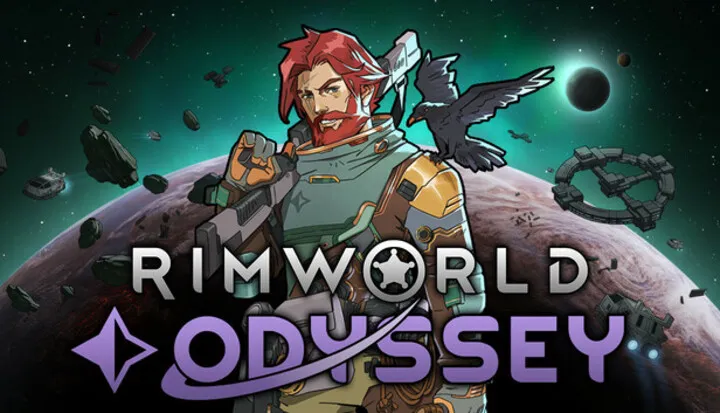
The Evolution of Colonist Emotions
In earlier RimWorld versions, morale was determined by needs such as food, rest, and environment. Odyssey changes this by adding internal emotional states that evolve dynamically—grief, pride, jealousy, and existential dread now directly impact decision-making. For instance, a colonist who loses a loved one may spiral into depression, skip work, or even sabotage vital systems.
How the Mind Shapes the Colony
Every emotional reaction ripples through the settlement. One colonist’s rage can trigger brawls, while another’s laughter can lift the group’s spirit. Understanding these psychological currents is not optional—it’s strategic. Master players treat emotional stability as a renewable resource, managing morale as meticulously as they do power grids or crop cycles.
The Morale Meter: Interpreting Emotional Stability
Odyssey introduces an advanced morale meter with multiple interlinked components that reflect each colonist’s internal balance.
Breaking Down the Morale Meter
The morale meter isn’t a single bar but a system composed of four layers:
- Baseline Mood: Represents general happiness or despair.
- Emotional Charge: Tracks accumulated stress or joy over time.
- Social Echo: Reflects influence from surrounding colonists.
- Ideological Alignment: Measures satisfaction with colony values.
Recognizing Imbalance
A colonist with low emotional charge but high social echo may appear calm yet react violently when provoked. These nuanced readings allow players to anticipate breakdowns before they occur, turning potential disasters into manageable fluctuations.
Emotional Cascades: When One Mind Fails the Many
One of the hardest lessons in RimWorld: Odyssey is learning how fragile morale truly is. A single tragedy can spiral into an emotional contagion that sweeps through the colony like wildfire.
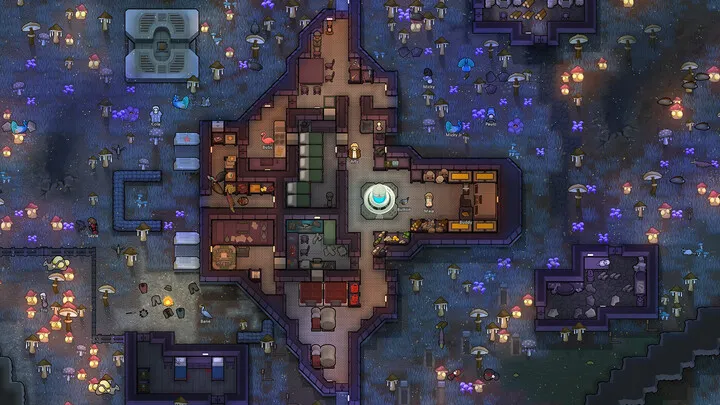
The Chain Reaction Effect
When one colonist experiences a major psychological break, nearby colonists receive stress modifiers that may lead to further instability. For example, if a beloved leader dies, their followers suffer a compounded morale penalty—grief turns to anger, anger to rebellion.
Preventing Emotional Collapse
The key is emotional compartmentalization—assigning duties or roles that limit exposure to traumatic triggers. Rotating high-stress workers, creating social buffers, and offering morale “shock absorbers” like entertainment or rituals can break the chain before it spreads.
The Architecture of Happiness: Designing for Psychological Health
RimWorld: Odyssey treats physical space as emotional architecture. How you design your colony’s layout directly influences colonist morale.
Environmental Psychology in Practice
Room design affects more than beauty scores. Colonists with claustrophobia will panic in tight corridors, while those with sociable traits need communal zones to recharge emotionally. Balancing private quarters with open social areas fosters psychological health.
The Art of Ambient Control
Lighting, texture, and sound shape emotional tone. Soft lighting reduces aggression during night hours, while decorative plants or art installations stimulate optimism. Use environmental elements strategically—beauty in Odyssey isn’t aesthetic luxury; it’s emotional infrastructure.
Social Dynamics and Conflict Resolution
Human interaction is the core of RimWorld: Odyssey’s simulation. The new Interpersonal Influence System means every relationship can affect morale in complex ways.
Understanding Relationship Tiers
Relationships range from acquaintance to bondmate, each with unique emotional consequences. A quarrel between close allies can trigger guilt penalties or stress disorders, while an unexpected friendship can restore morale across the board.
Conflict Management Techniques
Encourage diplomacy through mediated conversations. Assign a “Colony Counselor” role to de-escalate tensions. If a feud escalates, separate the individuals temporarily—forced proximity can turn minor irritation into lasting resentment.
Rituals, Culture, and Collective Belief
Ideology systems return in Odyssey, now intertwined with morale and group identity. Culture becomes not just flavor but function.
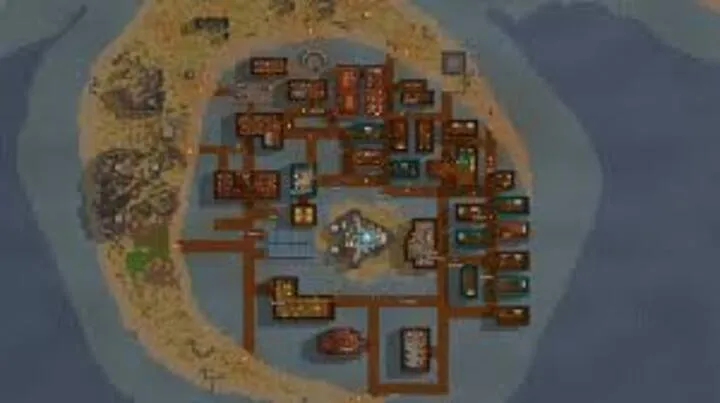
The Power of Shared Rituals
Colonies that perform regular rituals—be it feasts, memorials, or communal songs—enjoy morale stability even in harsh conditions. Rituals synchronize emotional cycles, reducing mood variance between individuals.
Customizing Ideological Traits
Players can tailor belief systems around emotional needs. For example:
- Stoic Creed: Reduces impact of tragedy events.
- Communal Unity: Increases morale from shared meals.
- Artistic Faith: Converts artistic output into happiness bonuses.
Building a belief system around your colony’s emotional tendencies is one of the most strategic morale moves you can make.
Trauma and Recovery: Managing Psychological Wounds
Trauma in RimWorld: Odyssey is persistent, shaping colonists long after events end. But recovery is possible through targeted emotional management.
Identifying Trauma States
Colonists may suffer from conditions like Grief Shock, Paranoia Fatigue, or Survivor’s Apathy. Each reduces efficiency in specific tasks—grief impairs productivity, paranoia disrupts teamwork, and apathy erodes creativity.
Healing Methods
- Therapeutic Assignments: Designate a counselor or medic for mental therapy sessions.
- Memory Rewriting Chambers: High-tech devices that soften traumatic memories at moral cost.
- Community Support Circles: Low-tech group discussions that rebuild emotional connections.
Proper trauma management turns suffering into resilience—your colonists remember, but they grow stronger through it.
The Role of Leadership and Emotional Authority
Leadership in RimWorld: Odyssey extends beyond logistics; it’s about emotional governance.
Emotional Resonance of Leaders
Colonists instinctively mirror their leader’s morale state. A confident, composed leader can stabilize the colony even under duress, while a despairing one triggers panic. Choose leaders with balanced emotional profiles and empathy traits for maximum influence.
Delegating Responsibility
Avoid emotional burnout by spreading leadership across trusted lieutenants. Assign moral advisors or secondary leaders to manage local morale clusters. This creates a decentralized emotional ecosystem, making your colony more resilient to breakdowns.
Advanced Strategies: Manipulating Morale Economically
Emotions are now a form of economy in RimWorld: Odyssey. Happiness and loyalty can be traded, invested, or even manipulated strategically.
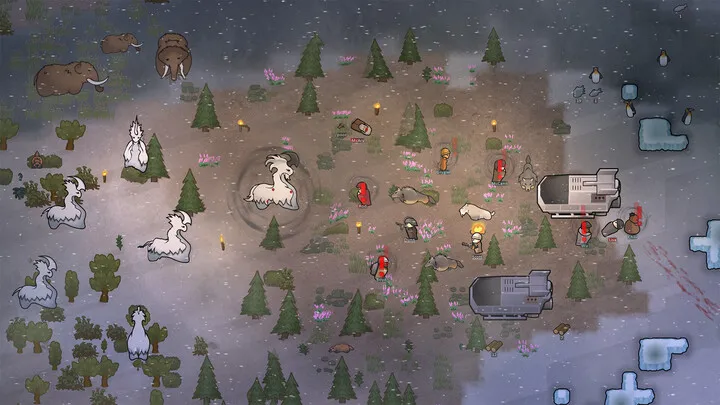
Incentivizing Happiness
Create emotional economies by rewarding morale stability with privileges—better meals, private quarters, or reduced work hours. Colonists subconsciously associate happiness with productivity, amplifying their performance.
Controlled Emotional Sacrifice
Sometimes, temporary despair can serve long-term goals. Sacrificing morale through grueling labor during emergencies can save resources, provided recovery rituals follow immediately. Mastering this “emotional elasticity” turns crisis into progress.
Adapting to Psychological Crises
No colony is immune to emotional disaster. Riots, mental breaks, and group despair can still erupt unexpectedly—but they can also be redirected.
Crisis Containment Plans
When morale collapses, prioritize containment over correction. Isolate unstable individuals, stabilize food and light levels, and deploy high-empathy colonists for one-on-one reassurances.
Post-Crisis Reconstruction
After crisis, rebuild emotional trust systematically. Reassign broken relationships, hold commemorative events, and provide symbolic acts of renewal such as rebuilding destroyed areas together. These acts restore unity faster than resource recovery alone.
Conclusion
In RimWorld: Odyssey, the colony’s survival is not defined by walls or weapons but by the invisible threads of emotion binding its people together. Managing morale and psychology is not an accessory skill—it’s the game’s beating heart. Every decision, from building design to leadership tone, ripples through the colony’s collective psyche.
The best players in Odyssey are not tyrants or technicians—they are emotional architects. They build not just systems of production but ecosystems of meaning. They understand that hope, humor, and compassion are the most renewable resources on any alien world. By mastering the human mind as deeply as the game’s mechanics, you transform survival into storytelling and chaos into culture.







